The first half of 2024 has not given Malaysians any hint of hope that the banal politics plaguing the country will be replaced by much-needed policy reforms directed towards solving current challenges.
Instead, the country has been roiled by the continuation of toxic politics played out by political actors masquerading as public servants, doing the nation a great disservice.
For how much longer must the public endure the shenanigans of a shameless lot? It is time for citizens to start holding politicians accountable in the court of public opinion when they fail the public.
First, we were embroiled in the farcical controversy over socks, followed by the royal pardon debate, both of which plunged the nation into weeks of unwarranted angst. The latter continues to rage.
It has now morphed into a behind-the-scenes, apparently non-legal set of negotiations about an addendum for house arrest.
This seeks to permit the country’s most well-known convicted criminal - as sentenced by the highest court - to serve the rest of his term in the comforts of his home.
We also had a former prime minister pontificate - for no good reason - that the non-Malays are not loyal citizens.
This is despite the historical fact that many fought and died for the country, helped build the country from the rubber estates to the tin mines, from the Klang River to the South China Sea, and are a strong, reliable, and essential part of the economy.
And then we had the perennial Ramadan and anti-Islamic call by some to close canteens in schools because it might offend Muslims.
Many of the politicians who spout these kinds of incendiary remarks have resumes that are bereft of any major policy achievements, despite years in politics.
A refresher on the core principles of governing a multicultural nation like Malaysia wouldn’t hurt.
Governing M’sia: 3 guiding principles
First, the country does not belong to any one race, and all citizens are equal in the eyes of the law and any proper and scholarly interpretation of the Constitution.
To think otherwise and act against these foundations is both illegal and unconstitutional.
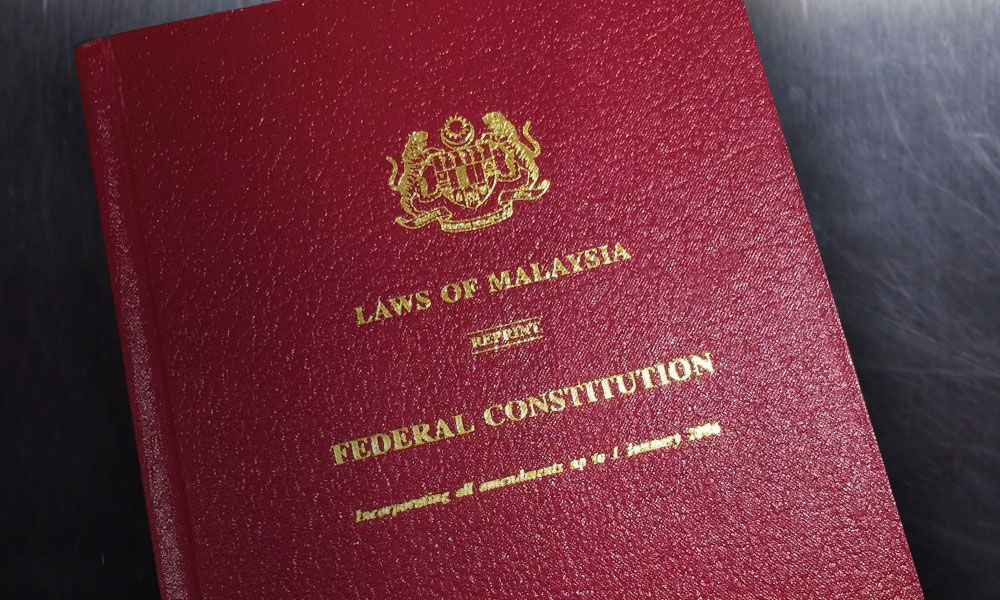
It is time this wrong understanding and convenient misinterpretation of the Constitution is reversed by building a body of case law to reverse the gross abuse by racist politicians and others.
Cases should be brought to the courts by non-Malays and others who have suffered discrimination and injustice. Fair-minded Malays might also help lead the charge.
Second, in a multicultural country, the political leaders of the majority have an obligation to protect the rights of minorities from being threatened in any way by the majority, who often hold the most power.
In Malaysia, the opposite is true, and the groups that perpetuate this status quo are never challenged. The government should remember its obligation to protect minorities from these regressive forces and act accordingly.
If not, it will continue to carry the unfortunate tag of being one of the countries with the most racist institutional policies globally.
Third, the government should make clear that its primary objective is to build a nation where there is no racial minority or majority that needs special treatment except where there is a clear need for affirmative action.
The point of good governance is to ensure that all citizens who are disenfranchised, irrespective of race or religion, need to be the focus of government efforts with regard to poverty alleviation, access to education, healthcare, and opportunities for economic mobility.
In this regard, it is very clear that the segment of the population, which has been most poorly served by Malay leaders, is the Malay majority, especially those in the rural areas and urban poor.
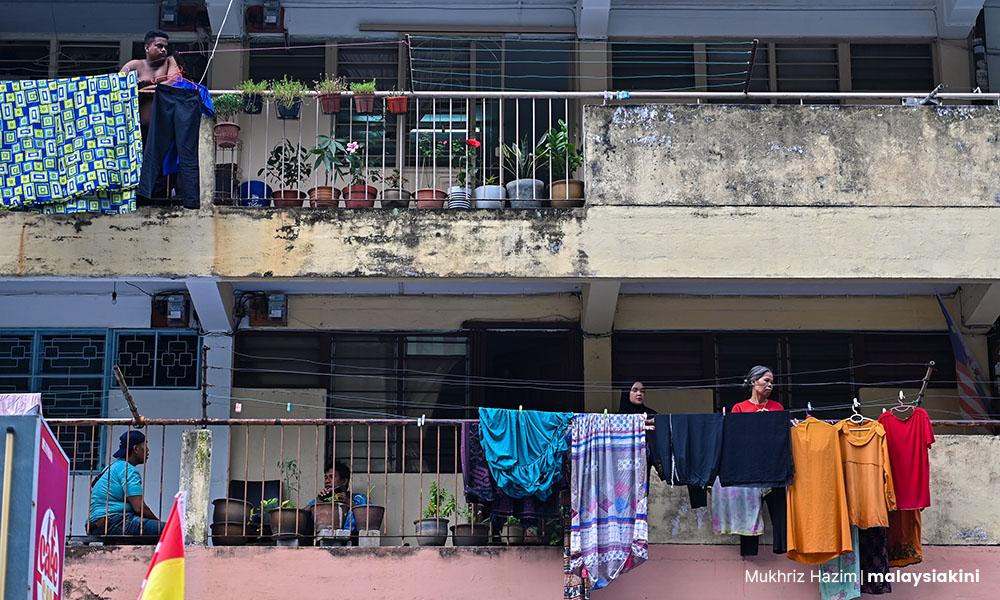
This failure is a direct result of widespread mismanagement, including flawed policies in education and economic development, entrenched rent-seeking behaviour, and rampant corruption.
Stirring up racial and religious tensions over trivial matters like socks and dining locations are distractions to mask their inability to conceive of, implement, and execute effective policies. Such tactics will not aid those who are truly in need.
Dismantling the 3R architecture
Etched into these overarching governance challenges are three persistent and disconcerting factors that need to be addressed if the country is going to move beyond the morass of toxic politics to uplift the disenfranchised majority.
These are factors that all Malaysians recognise, yet seemingly accept. But they should no longer be deemed “sensitive” issues.
The elephants in the centre of the room are the Malay (not bumiputra) politicians who play the race and religion card and thus believe they are untouchable.
These politicians use 3R (race, religion, and royalty) issues to earn brownie points with the wider Malay community, who they like to think are as bigoted as them.
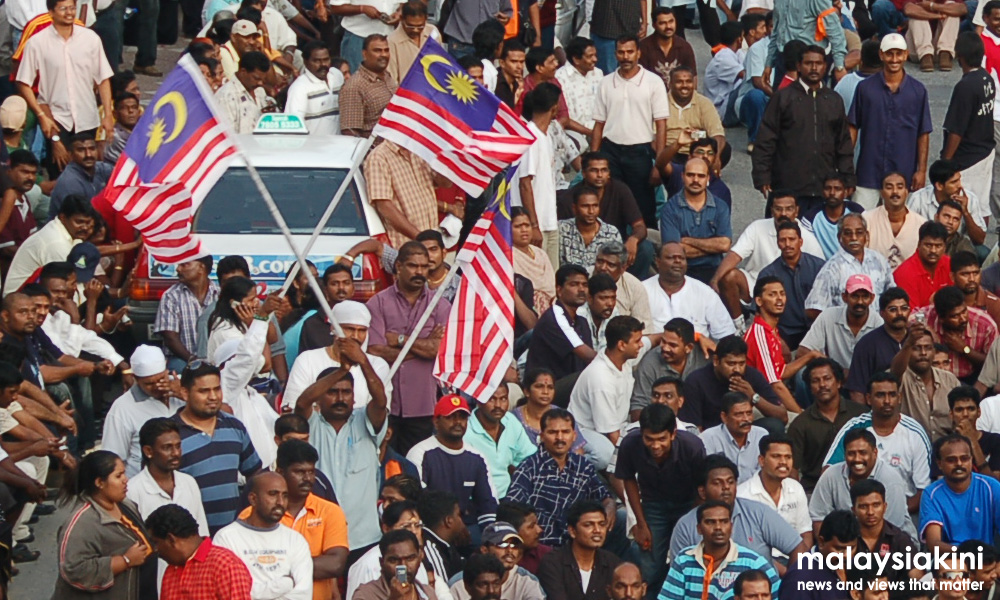
They also use it to instil fear in the non-Malay community who, after decades of this intimidation, have normalised this fear.
They have, to various degrees, abdicated their rights as citizens, throwing in the towel of resistance to widespread institutional racism and discrimination.
Thus, the more successful non-Malays keep their heads down and get on with the game, being willing partners or unwittingly supporting the unjust race-based system.
In this, they are in many ways culpable for emboldening the ketuanan Melayu (Malay spremacy) champions who believe they can lord it over everyone else.
The 3R card is the free pass that the ketuanan Melayu advocates use to access and retain unearned power.
It is also what allows this group protection from legitimate questions about competence, meritocracy, dubious wealth accumulation, acquired positions and titles held, discriminatory laws, and much more.
It is so ingrained that many do not know any other way of participating in politics and public life.
It is their core worldview, and they feel entitled to these rights, in denial of the injustice inflicted on fellow citizens from which they are unworthy beneficiaries.
Second is a political system run by the same elite group that permits widespread institutional racism, deeply rooted within government bodies. In any other country aspiring to be progressive, this would be deemed unacceptable.
This system also does not act against members of its own flock who incite dangerous racial and religious tensions, acting only when they have no choice when it comes to attacks on the royal households.
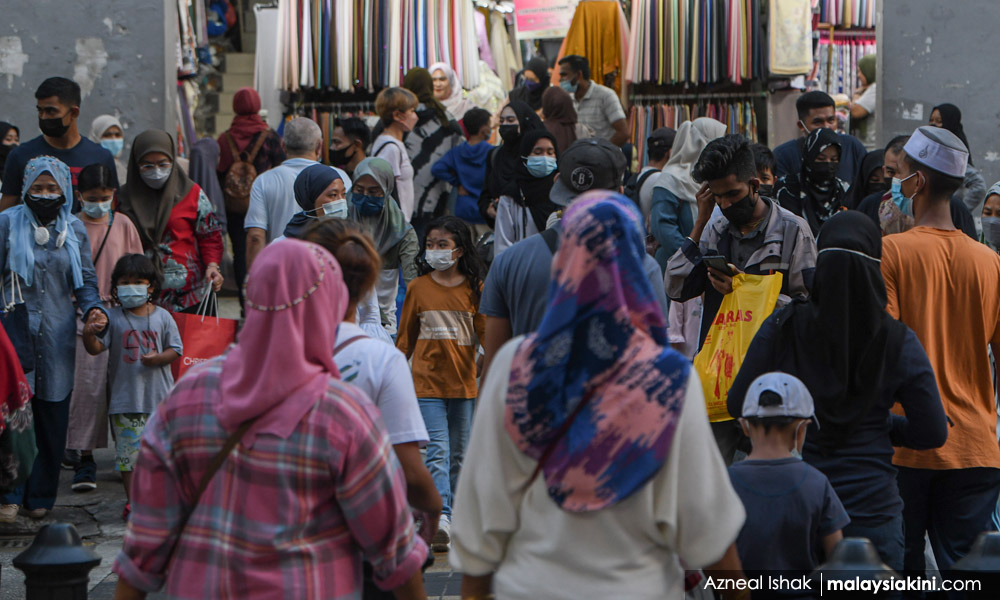
It is a government system that is shamelessly unwilling to reverse clearly racist policies.
It is not bold enough to set up commissions of inquiry to evaluate policies that are racially discriminatory in education, the medical profession, employment practices, housing loans, and so forth.
Even if they are not in the nation’s interest or for the poorer Malay majority.
In recent months even Prime Minister Anwar Ibrahim, who is a good man by all accounts and who has endured much suffering due to political persecution, has not spoken up to slap down the racists and calm things down.
This sends signals that the government is weak and is captive to strong racial and religious factions working within the deep state.
This is at the core of the rot that all Malaysians fear has set in. Strong leadership can reverse it, but to date, silence has been the preferred option.
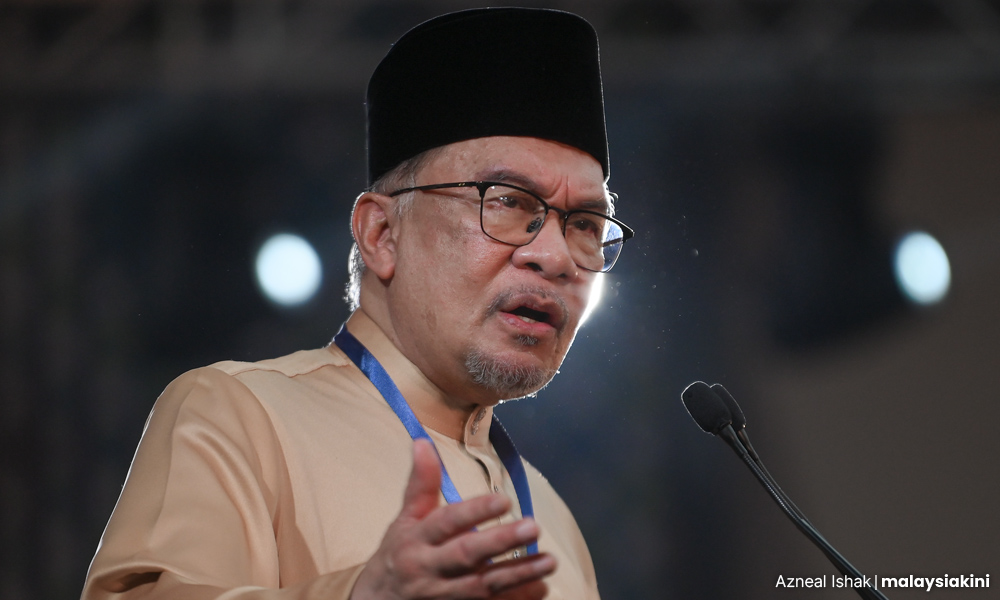
Third, is the capture of state institutions by individuals with little competence, poor qualifications, and dubious reputations who are there because they serve the deep state, upholding the ideology of racial supremacy.
Being in positions of power, they have wreaked havoc across the institutions, weakening them to the point that any thorough and transparent audit would recommend a complete overhaul and even the closure of many.
These include many government-linked companies, where meritocracy is an afterthought and key jobs are not even advertised.
They are offered to the privileged occupants of a revolving doors system with the primary objective of ensuring that the majority of the senior jobs are reserved for Malays who have joined the ranks of the elite club.
Key pillars of society being undermined
These governance and societal ills are best viewed through the lens of issues bubbling under the surface in the fields of education and professional standards in medicine.
In education, the damning report by the World Bank says everything most Malaysians already know about the decades of negligence and falling standards of teaching and academic requirements in higher education.
Bad policies, weak leadership and administration, incompetence, race-based policies, lowering of exam pass standards as part of a misguided affirmative action programme; you name it, are all contributors to the facts in the report.
Will the system wake up and admit to its abysmal failure or will it defend and deny?
Another example has to do with the standards at exclusive Malay learning institutions like Mara.
Its continuing existence goes against every notion of progress in the 21st century and has long-lasting implications for the development of the country. It is high time we ask the question “Why do they exist, do we still need them, and if so, why?”
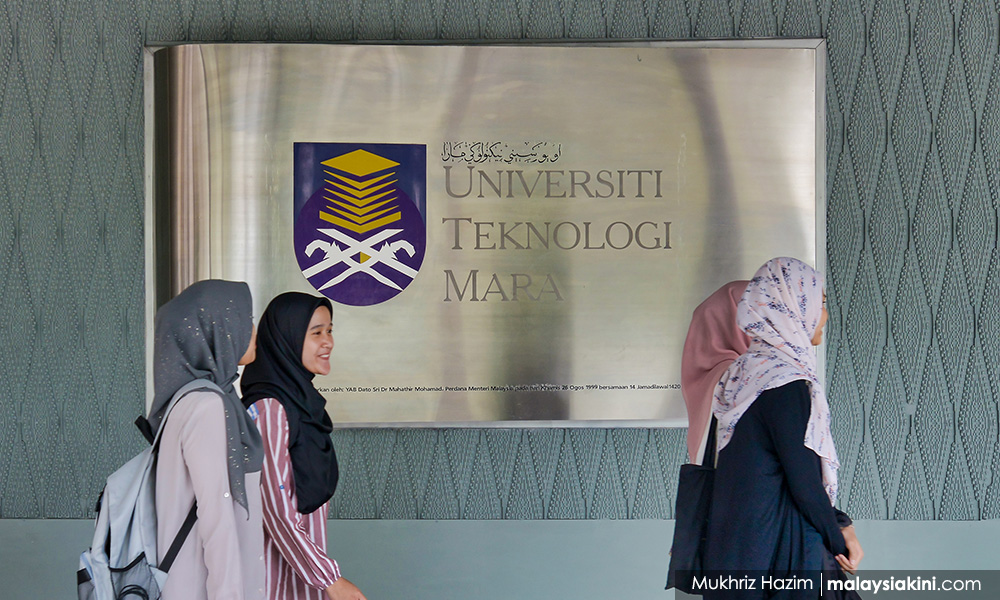
Recent press reports about UiTM ostensibly modifying their discriminatory policies in the interest of nation-building, while in practice having deeply ideological roots in racial separateness, serve as yet another example of offensive racism.
Much of this is also mired in lax administrative and academic standards, cronyism, and inherent widespread prejudice, all sadly ingrained in the fabric of these institutions. Here is a direct quote from one of the professors who sits on the board of studies at UITM:
“So we sat down, cracked our heads, then we go and speak to the vice-chancellor, the board, and its chairperson.
“They said, ‘Well, we’ve discussed, I think we agree, we can open the door temporarily, one time, using whatever clause or through the private side or whatever, to accept the non-bumi, to help them, because [of] the need in the nation’.”
This sort of overt racism has been normalised and most Malaysians appear not to care anymore about the existence of such racist institutional policies.
But a report on the university now considering a temporary programme to accept non-Malays - as if doing everyone a favour - is so shocking that it should trigger a national debate and calls for a long overdue review.
It even demands an explanation from the higher education minister or the PM. The well-known fact that many of the faculty have less-than-stellar academic backgrounds brings into question the race-based appointment system for key positions.
It gives the impression of a crony system that excludes non-Malays from competing, thus giving rise to questions about competency and standards.
Why are these positions reserved only for Malays if these institutions are to serve the nation? The government owes the public an explanation.
After all, it is in the nation’s interest to apply simple rules of meritocracy so the best Malaysians - irrespective of race - are given the opportunity to contribute to the country.
Add to this the debate going on in medical circles about foreign-educated doctors from internationally recognised schools not being allowed to practise.
It is clear that decades of mangled policies and poor administration, all of which sadly have racial issues embedded in them, need to be completely overhauled.
These incidences expose a tangled web of problems plaguing Malaysia’s soul. These issues are not separate; they feed off each other, creating a toxic brew that holds the nation back.
The 3R issue has been cynically weaponised by the privileged and thus holding Malaysian society back. This must end.
Silence in the face of “sensitive” topics only empowers those who exploit them.
It’s time to break free from this fear instilled by irresponsible politicians and reclaim a Malaysia that thrives on progress, not manufactured division. - Mkini
CHANDRAN NAIR is the founder and CEO of Global Institute for Tomorrow and the author of “Dismantling Global White Privilege: Equity for a Post-Western World”.
The views expressed here are those of the author/contributor and do not necessarily represent the views of MMKtT.




No comments:
Post a Comment
Note: Only a member of this blog may post a comment.